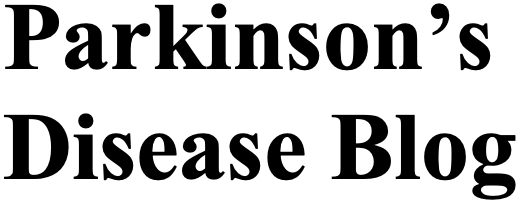What worsens Parkinson’s disease?
1/31/24, 8 mins reading
Parkinson’s disease is a chronic, progressive neuromovement disorder that affects both the central nervous system and its controlled muscles. Clinically, Patients present both motor dysfunctions and non-motor dysfunctions. Classic motor dysfunctions include muscle stiffness, slow movements, handshaking, gait, and balance issues. Nonmotor dysfunctions include depression, fatigue, constipation, and anxiety. In general, any activities or lifestyles that can worsen the above-mentioned symptoms are not recommended, these include:
Physical inactivity: Parkinson’s Disease is a movement disorder with muscle strength, and coordinating capability being reduced severely. Maintaining physical activities and exercise have been ones of the crucial recommendations for Parkinson’s disease patients. The lack of physical activity will not only aggravate motor symptoms, and impair the effect of medications PD patients take, but more importantly, it will worsen PD patients’ general health as a whole.
Certain foods: Canned fruit and vegetables, processed food especially those with high saturated fat food.
Certain medications:
some medicines can cause Parkinson’s disease-like symptoms, which is called drug-induced parkinsonism. For example, Prochlorperazine (Compazine), Promethazine (Phenergan), and Metoclopramide (Reglan) are commonly used to treat headaches or gastrointestinal dysmotility, however, they may also block dopamine, and mimic Parkinson’s disease-like symptoms, therefore, they should be avoided.
Reserpine and tetrabenazine can deplete dopamine, and cause PD-like symptoms as well, they also should be avoided.
Drug-drug interaction is another factor that needs to be taken into consideration. MAO-B inhibitors (Selegiline, Rasagiline) are not recommended to be taken along with pain medicine such as Meperidine (Demerol) since they both interact with one another and have reduced the effect. MAO-A Inhibitors (e.g. Pirlindole) should not be taken along with antidepressants for the same matter. A reference site about drug-drug interaction can be found here: https://www.worstpills.org/.
Parkinson’s disease and alcohol. Can alcohol cause Parkinson's disease? Can you even drink alcohol if you have Parkinson's disease? Alcohol can’t cause Parkinson’s disease, however, drinking, especially heavy drinking may worsen symptoms or cause additional symptoms if you have Parkinson’s disease due to the reasons:
1)Both alcohol and Parkinson’s disease have a tremendous impact on the human brain, consuming alcohol will place a huge extra burden on the brain and therefore may worsen original symptoms or add extra symptoms to Parkinson’s disease.
2)Alcohol may interact with the medications you take to treat Parkinson’s disease, therefore reducing or altering the efficacy of medications. It is recommended to reduce or stop alcohol consumption completely if you have Parkinson’s disease. More info can be found here: Parkinson's disease and alcohol consumption
Stressful events, anxiety, depression. Mental issues such as depression, anxiety or fatigue have been parts of non-motor symptoms of Parkinson’s disease. Any stressful events in life would put an extra mental burden on Parkinson’s Disease patients, therefore exacerbating symptoms.
More reading: Parkinson's disease and alcohol

